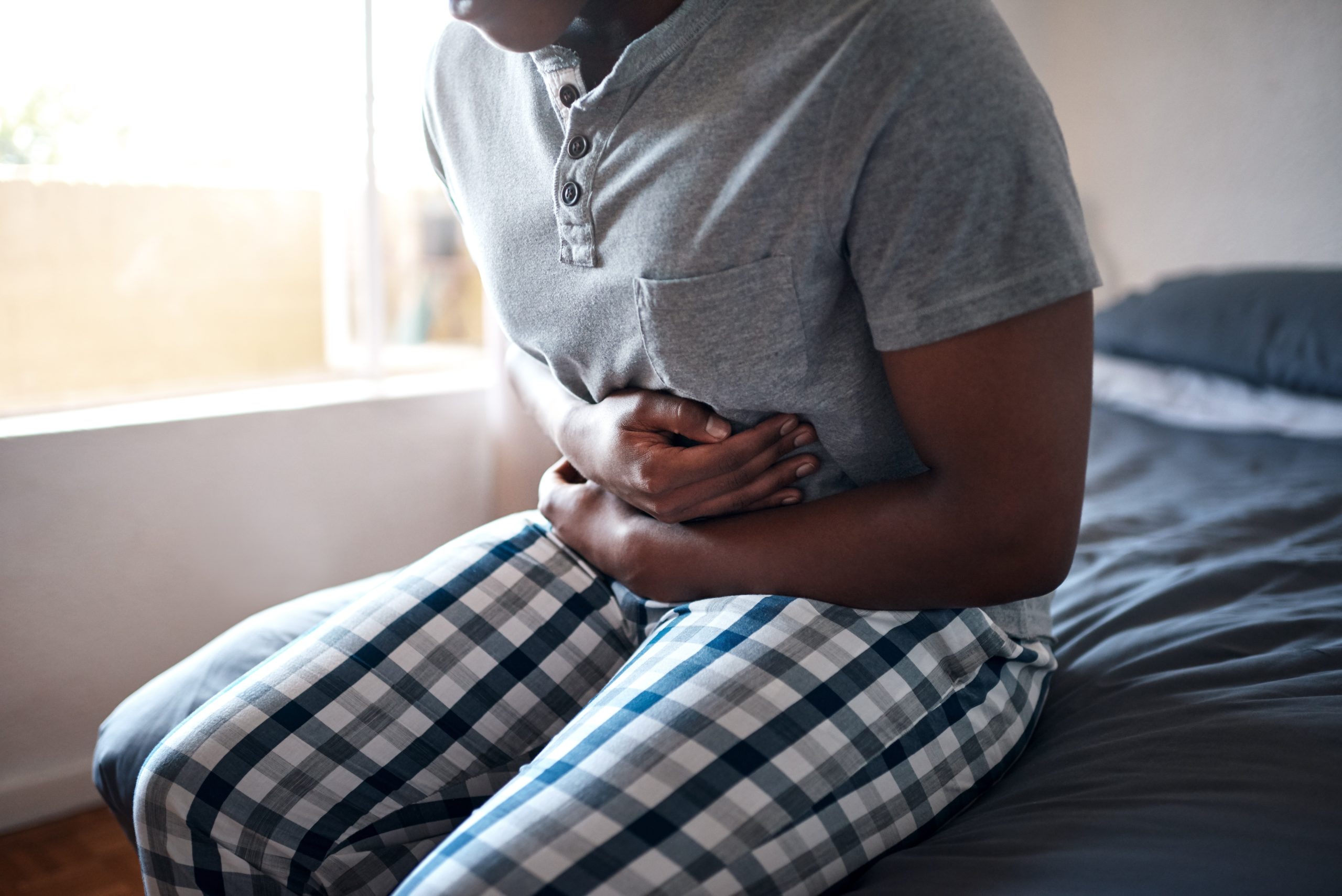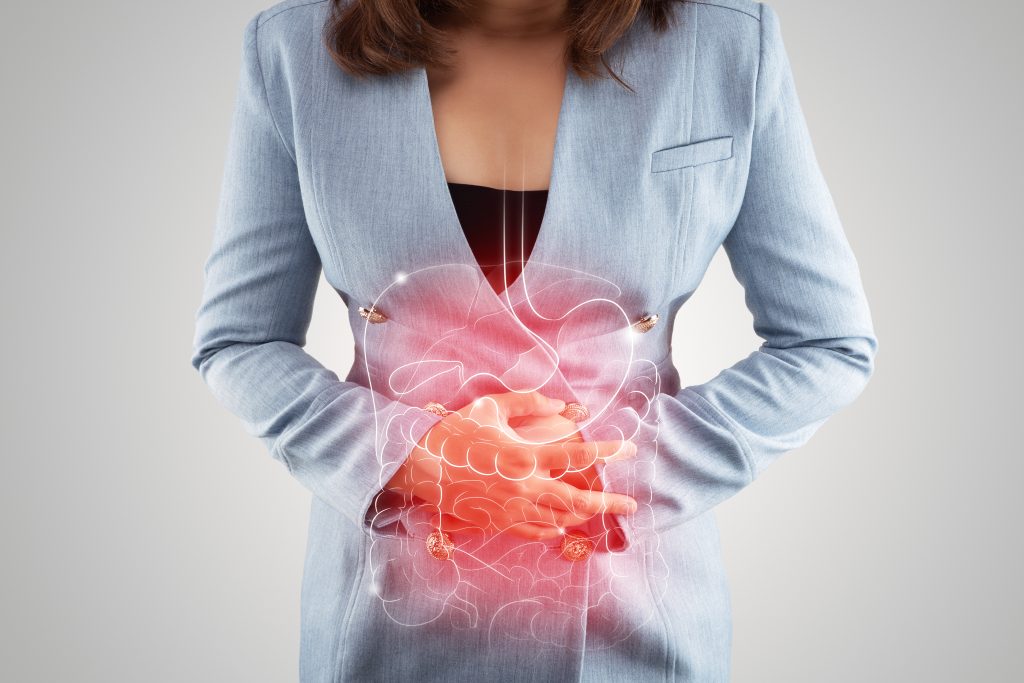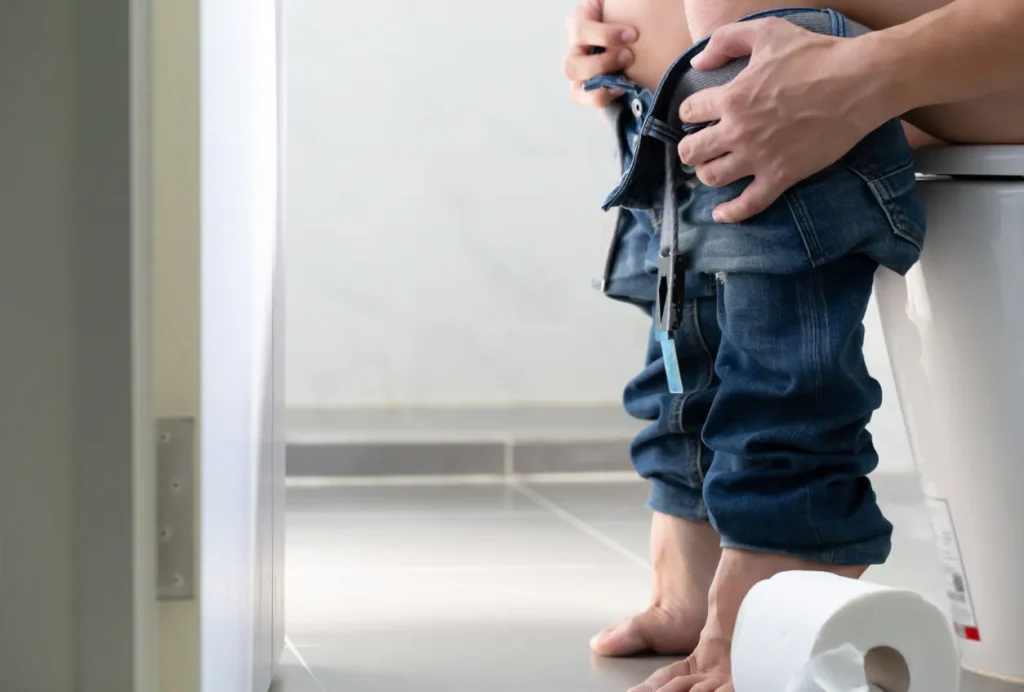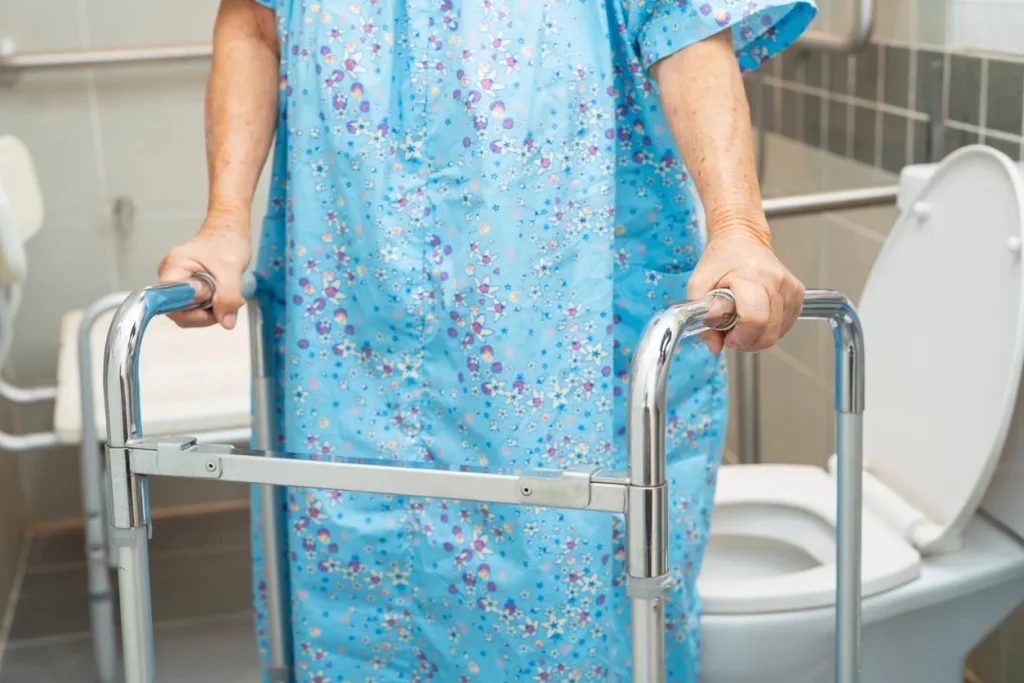Irritable Bowel Syndrome with Diarrhea (IBS-D) affects millions worldwide. Managing symptoms and maintaining a good quality of life can be challenging, but controlling the condition with the right strategies and treatments is possible.
Understanding IBS-D
IBS-D is a form of irritable bowel syndrome with a predominance of Diarrhea (as opposed to IBS-C, which results in constipation). People with IBS-D experience urgent bowel movements, stomach pain, and discomfort. Knowing the causes can help you better manage the condition.
What Causes IBS-D?
The exact cause of IBS-D isn’t fully understood, but a few factors contribute to it:
- Gut-brain communication issues: The brain and gut may not work together correctly, leading to digestive problems.
- Abnormal muscle contractions in the gut: Overactive muscles can cause diarrhea.
- Food sensitivities: Certain foods, such as fatty foods, dairy, and gluten, may trigger symptoms.
- Gut infections: Past intestinal infections can lead to IBS-D.
Common Symptoms of IBS-D
Symptoms of IBS-D can vary but often include:
- Frequent diarrhea
- Frequent stools
- Stomach cramps and pain
- Bloating and gas
- The urgency to use the bathroom
- Mucus in stools
- Pain is often relieved by bowel movement
- Symptoms do not typically occur after you fall asleep for the night
Determining Diagnosis
Symptoms at least tell us something is wrong, and now we need to figure out what those symptoms say. IBS-D is diagnosed primarily based on symptoms, medical history, and the exclusion of other conditions. The diagnosis process typically involves the following steps:
Symptom-Based Criteria (Rome IV Criteria)
IBS-D is often diagnosed using the Rome IV criteria, which requires the patient to have:
- Recurrent abdominal pain, on average, at least one day per week in the last three months.
- The pain must be associated with two or more of the following:
- Related to defecation (either improvement or worsening with bowel movements).
- A change in the frequency of stools.
- A change in the form (appearance) of stools. In IBS-D, diarrhea is the predominant symptom, characterized by frequent, loose, or watery stools.
If the previous conditions are met, then a medical professional would further evaluate:
Medical History: A detailed medical history helps rule out other conditions that might cause similar symptoms, such as infections, inflammatory bowel disease (IBD), or celiac disease.
Physical Examination: A physical exam may be done to check for any signs of other health conditions, such as tenderness in the abdomen or unusual bloating.
Exclusion of Other Conditions: To rule out other causes of diarrhea and abdominal pain, the doctor might recommend several tests:
- Blood tests: To check for celiac disease, infections, or other abnormalities.
- Stool tests: To detect infections, parasites, or signs of inflammation.
- Colonoscopy or Sigmoidoscopy: If symptoms are severe or if the patient is over 50 or has a family history of colorectal cancer, this test may be done to visualize the colon and rule out conditions like inflammation, polyps, or cancer.
- Lactose tolerance test: To exclude lactose intolerance.
- Small intestine bacterial overgrowth (SIBO) breath test: To rule out bacterial overgrowth, which can mimic IBS-D symptoms.
Additional Tests (If Necessary): Depending on the individual case, a doctor may order other tests, such as imaging studies (abdominal CT scan or MRI), to further ensure that no structural issues are causing the symptoms.
The diagnosis of IBS-D is mainly clinical, based on typical symptoms, and excluding other causes. It’s important to see a healthcare provider to ensure an accurate diagnosis.
Effective Treatment Options
Managing IBS-D requires a combination of treatments. Here are some options that can reduce symptoms and improve daily life.
What Are the Best Treatment Options for IBS-D?
Medications:
-
- Anti-histamines: Patients with IBS have been shown to have increased Histamine receptors in their GI system and may benefit from blocking these receptors with specific ratios of certain antihistamines.
- Anti-diarrheal medications: Drugs like loperamide (Imodium) help slow bowel movements.
- Anti-spasmodics: Medications like dicyclomine relieve stomach cramps by relaxing the gut muscles.
- Bile acid binders: These help if your body can’t handle bile acids properly, leading to diarrhea.
- GetReliefRX: This is a compounded mix of Famotidine-Cetirizine HCI Perscription specifically created to tackle IBS in all forms
- Prescription medications: For severe cases, doctors may prescribe medicines like eluxadoline (Viberzi) or the antibiotic rifaximin.
Probiotics: Probiotics can help restore healthy gut bacteria. Strains like Bifidobacterium infantis may reduce IBS-D symptoms.
Cognitive-behavioral therapy (CBT): CBT can help manage stress and anxiety, which often worsen IBS-D symptoms.
Diet Relief Options
Since this is an issue of the brain and gut working against each other, one of the most helpful changes could be your diet. Symptoms like diarrhea and bloating could significantly lessen when focusing on what could trigger your gut reactions. We strongly encourage you to work with a nutritionist to find a diet solution that would work best for you.
Dietary Changes That Could Help
Low FODMAP Diet: This diet cuts out certain carbohydrates that can trigger IBS-D. High FODMAP foods include onions, garlic, wheat, apples, and pears. Reducing these can relieve symptoms.
Avoid Trigger Foods: Track what you eat and avoid foods that worsen symptoms. Common culprits include:
- Fatty and fried foods
- Caffeine and alcohol
- Dairy products
- Gluten-containing foods
Increase Soluble Fiber: Foods like oats, flaxseed, and carrots provide soluble fiber, which helps control bowel movements. Avoid insoluble fiber, such as whole grains, which can worsen symptoms.
Stay Hydrated: Diarrhea can lead to dehydration, so drink plenty of water and electrolyte drinks. Limit caffeine and alcohol as they dehydrate you.
Practical Management Strategies
Managing IBS-D involves more than medications and diet. Lifestyle changes can help you feel better every day.
- Manage Stress: Stress often triggers IBS-D symptoms. Techniques like mindfulness, meditation, yoga, and deep-breathing exercises can help lower stress levels.
- Regular Exercise: Physical activity can improve digestion and lower stress. Try walking, swimming, or biking regularly.
- Stick to a Routine: Eat meals at regular times and avoid large meals. Smaller, frequent meals can prevent sudden flare-ups.
- Track Symptoms: Keeping a symptom diary can help you identify triggers and find the most effective treatments.
Looking for fast and effective relief for your digestive discomfort? Visit Get Relief Rx today to explore proven solutions to ease your symptoms and improve your gut health. Click here to start feeling better now!




